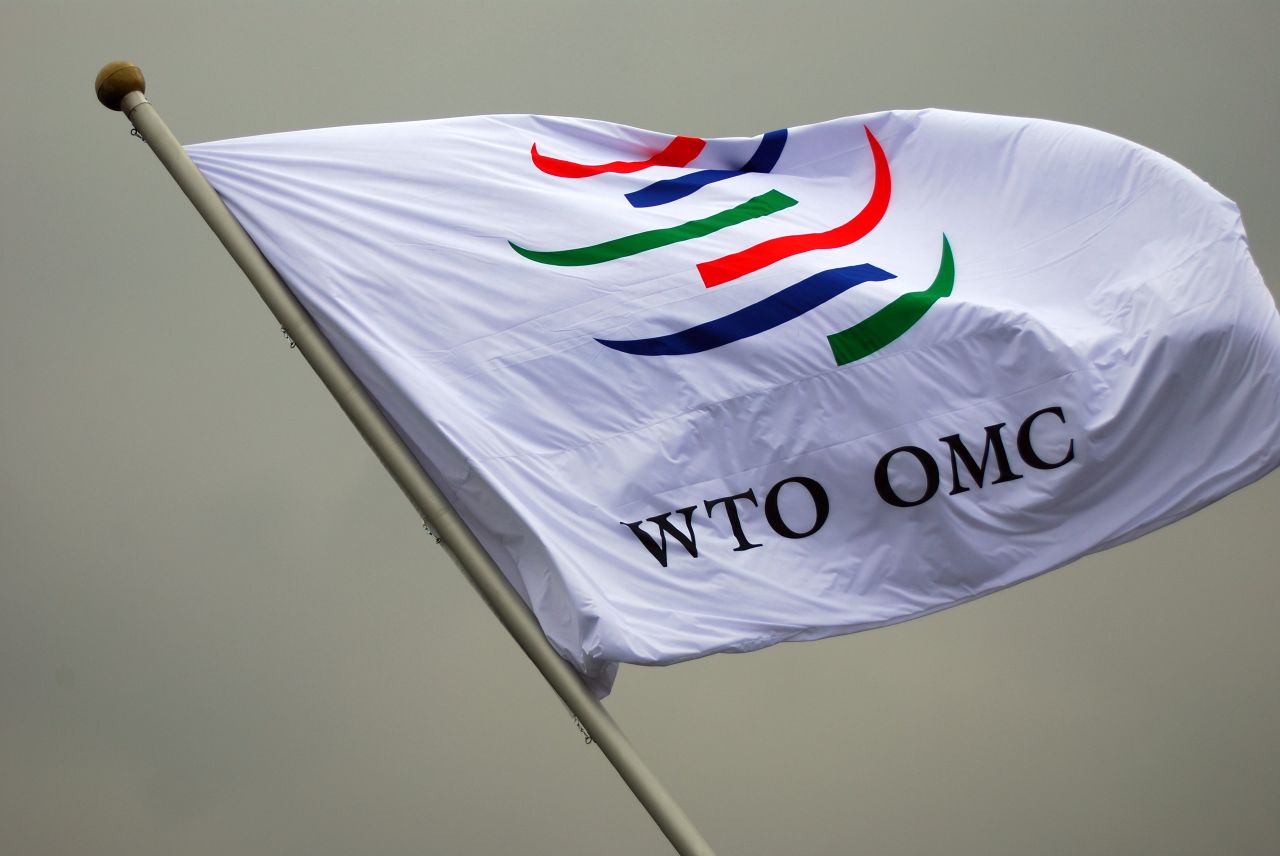
While the World Trade Organization’s (WTO) core focus on trade liberalisation is currently facing severe challenges, questions about the potential to further expand the multilateral trade regime to cover key trade-related agendas are also looming. Trade-related agendas refer to issues that intersect with trade policy but extend beyond traditional trade concerns, such as environmental protection, economic development, and labour standards. These topics reflect the broader social, economic, and political dimensions of globalisation that increasingly affect how trade is conducted.
Since its founding, WTO member states have pushed for the inclusion of trade-related agendas to preserve the organisation’s relevance, either in response to novel and interlinked global governance challenges or as part of efforts to balance competing interests through concessions and adjustments. Yet some members remain firmly opposed to (some of) these agendas and advocate for an exclusive focus on core trade issues. In addition to these conflicting views among members, the second Trump administration’s dissatisfaction with the WTO’s current state of affairs casts a long shadow over ongoing efforts to further expand the organisation’s scope in order to better address trade-related agendas.
WTO members are divided over whether and how to strengthen trade-related agendas.
This report analyses efforts geared towards extending the WTO’s scope to cover non-traditional areas, with a focus on three trade-related issues: development, the environment, and inclusiveness. Based on our analysis of key actors’ positions as well as negotiation processes and dynamics in recent years, the report finds that members are divided over whether and how to strengthen these trade-related agendas. While the environment-related agenda has gained the most traction in recent years, it is likely to remain at the level of non-binding exchanges. The inclusiveness agenda continues to be politically stalled, and the development agenda has been complicated by the geopoliticisation of developing-country status.
In sum, our analysis suggests that the WTO’s engagement with trade-related agendas remains constrained by political divisions but retains some untapped potential – particularly at the level of informal, non-binding outcomes – to foster meaningful cooperation. Realising this potential will require a careful balancing act: advancing effectiveness without undermining robustness, and pursuing innovation without sacrificing democratic support in terms of inclusive state participation and transparency.
Key Findings:
- WTO members are deeply divided over expanding trade-related agendas, with conflicts especially acute around development status and environmental regulation.
- The development agenda remains gridlocked, as debates over special and differential treatment (SDT) are increasingly geopoliticised.
- The environment agenda has gained momentum but is advancing mostly through informal, non-binding initiatives rather than binding rule-making.
- The inclusiveness agenda is politically stalled, with little consensus on definition or scope and only minimal substantive outcomes.
- Expanding the WTO’s scope offers both risks and opportunities: it may preserve long-term relevance but also raises challenges for robustness, democracy, and member trust.
Citation Recommendation: Weinhardt, Clara, Michal Parizek, and Jayati Srivastava. 2025. “Expanding the WTO’s Scope in a Shifting Geopolitical Landscape: An Appraisal of Development, Environment, and Inclusiveness Agendas.” ENSURED Research Report, no. 15 (September): 1-38. https://www.ensuredeurope.eu.







.png)
